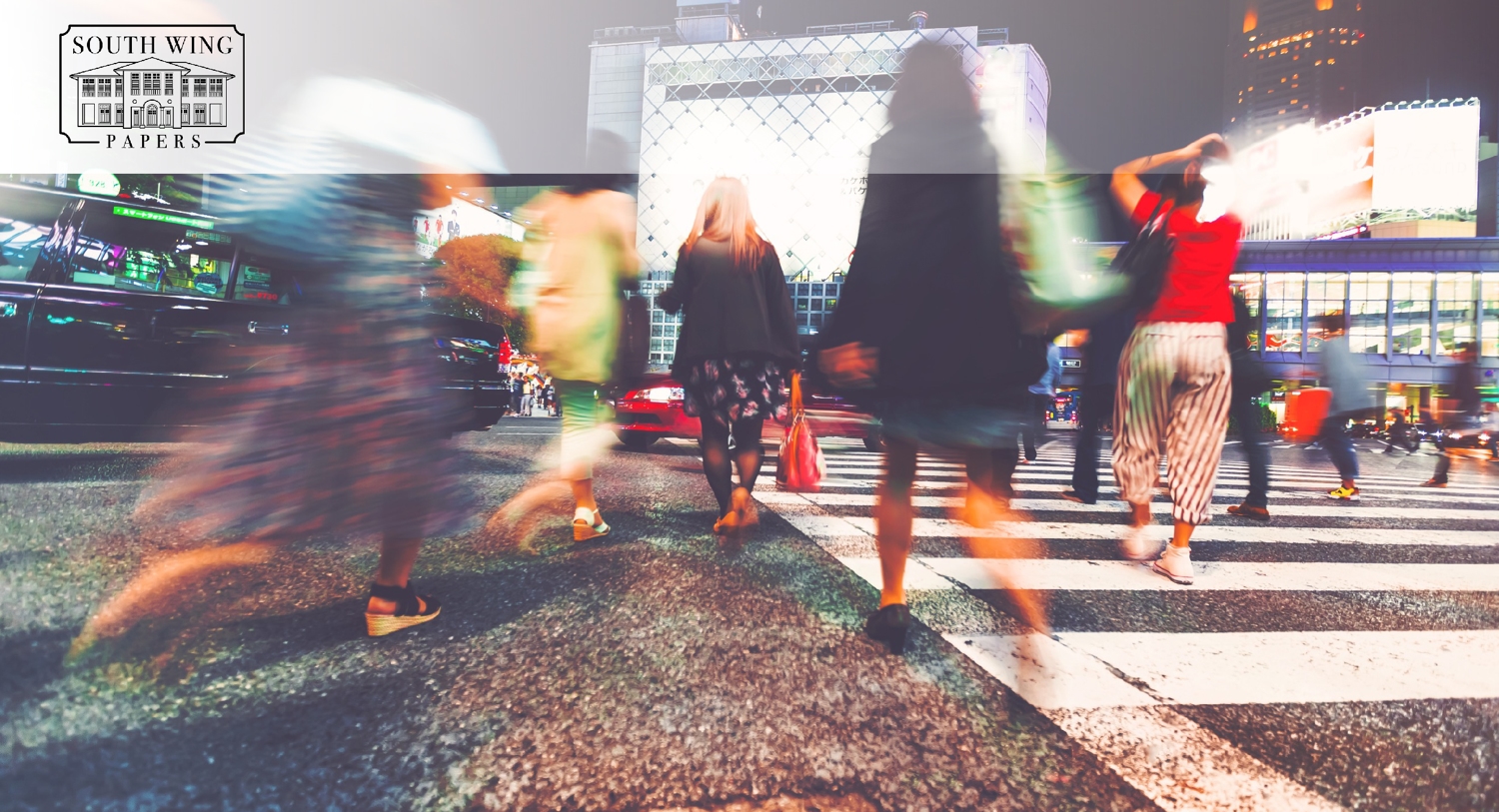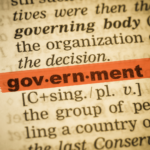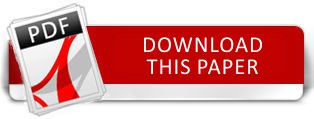
Abstract: Over the past few decades, there have been many social movements on issues of injustice and inequality, typically manifested as mass protests and demonstrations. Some of the more notable ones are Occupy Wall St, Black Lives Matter, Schools Strike for Climate, Anti-Apartheid, Arab Spring and, closer to home, Hindraf, Bersih and Reformasi. The durability and impact of such movements may be long-lasting or short-lived depending on the severity of the issue and whether there is identifiable leadership that can galvanise the masses and sustain the campaign to change the social order.
In this essay, we examine what leadership archetypes tend to emerge from such social movements and how institutional platforms are necessary to enable them to exert continued influence and drive real change. In some social movements, an ordinary person that appeals to the common folk as embodying their hopes and dreams can emerge and be idolised as an effective folk hero, while in others, opportunists may arise to seize the populist momentum as a platform to further their own self-interests and ambitions.
The case of Anwar Ibrahim and the Reformasi Movement in Malaysia is of especial interest in this context, given the critical junction they are now at.
Origin and Life-cycle of Social Movements
According to theories on social movements, the major types can be classified as reform movements, revolutionary movements, reactionary movements, self-help movements, and religious movements.[1] Each type calls for different leadership archetypes. While many social movements differ in nature and form, it has been shown (Blumer, 1969)[2] that they typically undergo a lifecycle of four stages, namely, emergence, coalescence, institutionalisation and decline. In the emergence stage, a social movement does not arise in a vacuum. There must be a sufficiently large number of followers and there must be discontent with existing conditions, for example rising inequality, discrimination, a faltering economy, or oppression. In the second, the coalescent stage, it is about mobilising and recruiting followers. With the advent of social media, mobilising people to come together as a movement to raise awareness, to protest and to demand change has become easier due the speed and spread of transmission. A movement, if successful and strong, gains traction and enters Stage 3, that of bureaucratisation, where an organisational structure is given in the movement, including paid staff and a fund-raising division. If the organised movement nevertheless fails, it will enter Stage 4, that of decline.
Stages 2 and 3 are when leadership choices will determine whether a movement falters and is sidelined or whether it becomes part of mainstream politics. Much depends on the qualities of courage, charisma, intelligence, oratory skills and the moral compass of the movement’s leaders. Much also depends on the moral legitimacy and assertive strength of existing institutions and their ability to uphold the status quo and to quash a reformist movement in its early stages.
Folk-hero Leadership
Throughout human history, we have been captivated by stories of folk heroes, from Gilgamesh, Joan of Arc, Nelson Mandela, to Gandhi. In his impressive book, The Hero with a Thousand Faces (1949), Joseph Campbell, having studied a wide range of myths and legends, posits that heroes are needed because they are “the symbols that carry the human spirit forward”. Social movements need heroes for people to identify and resonate with at an emotional level, but their success also depends on certain intellectual and practical prerequisites.
In the Egyptian Arab Spring, it was the demands posted by Wael Khalil, a software engineer blogger, that started the groundswell through Twitter. Schools Strike for Climate, a movement started by ninth grade Swedish pupil Greta Thunberg in 2018, turned global across 150 countries in 2019, but later lost momentum, probably due to the Covid-19 pandemic. The popular appeal of movements like these lie in their ability to empathise with the common person and to articulate collective frustrations and aspirations for a better future. However, while the heroes of many social movements can very quickly fade into oblivion, others, like Nelson Mandela and Mahatma Gandhi, folk heroes of South Africa’s anti-apartheid movement and India’s anti-colonialism movement respectively, have become legendary. Many factors may account for their place in history and here we hypothesize that Mandela and Gandhi were buoyed by their movements to become folk heroes and, it was in their ability to find footing on a political platform, that they could drive institutional reforms.
The Populism Trap
In recent times, the election of both Donald Trump and Turkey’s Erdogan testify to the role of religion and to the rise of populism that have altered the course of contemporary politics. Of late, political leaders at both extremes are looking to seize and ride on the wave of populism and become folk heroes appealing to the disempowered.
Several theses have been put forward to explain the bewildering rise of Trump, an outsider who wanted to “drain the swamp” in Washington. One theory suggests that Trump sensed the brewing discontent from the earlier Occupy Wall Street movement over economic inequality and the elite’s disconnect with Main Street. Trump formulated his Make America Great Again campaign as being against globalisation and the negative effects of offshored manufacturing on the employment and wages of large swathes of Rust Belt voters. His uncanny ability to simplify his messaging into down-to-earth terms appealed to the “deplorables”, as Hillary Clinton had arrogantly labelled his supporters. The anti-establishment sentiments brewing against neoliberal elitism further elevated Trump to folk-hero status. Through simple and crude messages, he demonstrated that he understood and empathised with the pain and economic insecurities of common folk. At the same time, despite the contradiction, he boastfully sold his credentials as those of a successful business billionaire who would know how to change the system as an insider.
Trump’s quirky behaviour on the world stage, his break-the-rules mindset, his combative stance against old allies and competitive regimes raised eyebrows as global tensions were rising. This caused a certain moral panic. While the world might have been in a dangerous place had he been militaristic, Trump’s saving grace was his belief that military wars are expensive and costly, and, thinking like a businessman, his position was that he would rather fight economic trade wars. However, while that was his stance during his first-term, given his strong showing for re-election, it remains to be seen what his stance will be going forward, now when military spending contributes up to one fifth of US GDP.
Folk heroes can easily veer off into demagoguery, however, if their intentions are not genuine and do not seek some common good. Prof L J. Samons, of Boston University, suggests that one test a voter can use to identify a demagogue is “if the would-be leader promises to give, restore, insure, provide or enhance the country but never asks the voter to sacrifice, pay, serve or simply work, then this would-be leader is a potential demagogue”.[3] The leader–follower relationship being dialectical, one can see how followers also bear moral responsibility for a movement’s decline. Should they seek fast relief and quick solutions to their pain and misery, they encourage the shift of their leaders towards demagoguery and populism.
Towards Transformational Leadership
The transition from folk hero to transformational leader depends on an ability to translate popular appeal into a tangible fulfilment of promises, something that requires technical competence and an institutional role in governance. A study by the University of Cambridge shows that while support for populism during the pandemic may have faltered, satisfaction with democracy did not fare any better[4], instead the shift was towards technocracy, with an increased trust in experts and higher expectations being put on civil service efficiency.
Leaders who are successful in going beyond being a mere folk hero buoyed by a social movement are those who manage to insert themselves into an influential political role where they can infuse the movement into the system rather than just allow it to remain a loud voice on the side-lines. It is only in political office that they can transition their leadership role in order to focus on enduring reforms by applying pragmatism in problem-solving, and seeking accountability through transparency and inclusivity. Furthermore, the ability to navigate complex political landscapes, build coalitions and garner support from diverse sections of society is crucial to the sustainability of reforms. Folk heroes who evolve into institutional leaders recognize the importance of collaboration and diplomacy and can bring their persuasive charisma to bear on opponents to create the stability needed for results to materialize.
A final comment to draw parallels in Malaysia would be the Reformasi movement that began in 1998. Many folk heroes emerged from that struggle, the most notable being the current prime minister Anwar Ibrahim. Anwar is an influential and passionate orator with an ability to connect with the ground and rally followers into action, a journey he embarked upon which culminated in the toppling of a 60-year-old hegemonic government in 2018. Now, as a prime minister in a delicate unity coalition government, he faces the arduous challenge of delivering on the promised reforms amidst the rise of religious populism. This transformation seems an impossible challenge for a folk-hero to overcome. His mission seems insurmountable due to an impatient electorate that has been indoctrinated by years of toxic propaganda and that is easily swayed by simple rhetoric, the country’s kleptocratic political culture, and a highly inefficient bureaucracy. The timing of his rise to power does not seem the best possible either, given the present backdrop of a globally fractured economic and political environment. With a little serendipity and enough stability, some pragmatic policies, and a competent and credible team, he may be able to reform institutions for a lasting legacy. Only time will tell how this chapter for the country will be recorded in history.
In sum, a folk hero is one who can appeal to the emotions of the disenfranchised and promise victory against overwhelming odds. If the folk hero in question is not absorbed by ego and delusions, given an influential political platform, he has the opportunity to drive real reforms by building a competent team and focusing on pragmatic problem-solving, putting progressive institutional pillars into place, and inspiring the masses to work with him on his journey of change.
Tony Yeoh is a Research Fellow at Penang Institute; Special Adviser (Digital) to Penang State Executive Councillor for Infrastructure, Transport and Digital Portfolio, and Former CEO of Digital Penang.
Footnotes:
[1] Snow, D. A., & Soule, S. A. (2010). A Primer on Social Movements. New York, NY: W. W. Norton.
[2] Blumer, H. (1969). Collective behavior. In A. M. Lee (Ed.), Principles of Sociology (pp.165–221). New York, NY: Barnes and Noble.
[3] Demagogues are the Problem Children of Democracies, www.zocalopublicsquare.org 20 June 2016
[4] The Great Reset: Public Opinion, Populism and the Pandemic, Centre for the Future Democracy 14 Jan 2022
You might also like:

Progressive Leaders Bear a Heavy but Rewarding Responsibility

Effective Leaders Are Bred, Not Born

Towards First-World Holistic Governance in Little Penang

Buddhist Humanism Offers a Way Out for Conventional Leaders

Making Big, Bloated and Bureaucratic Modern Governments Catalytic, Capable and Consistent Instead


